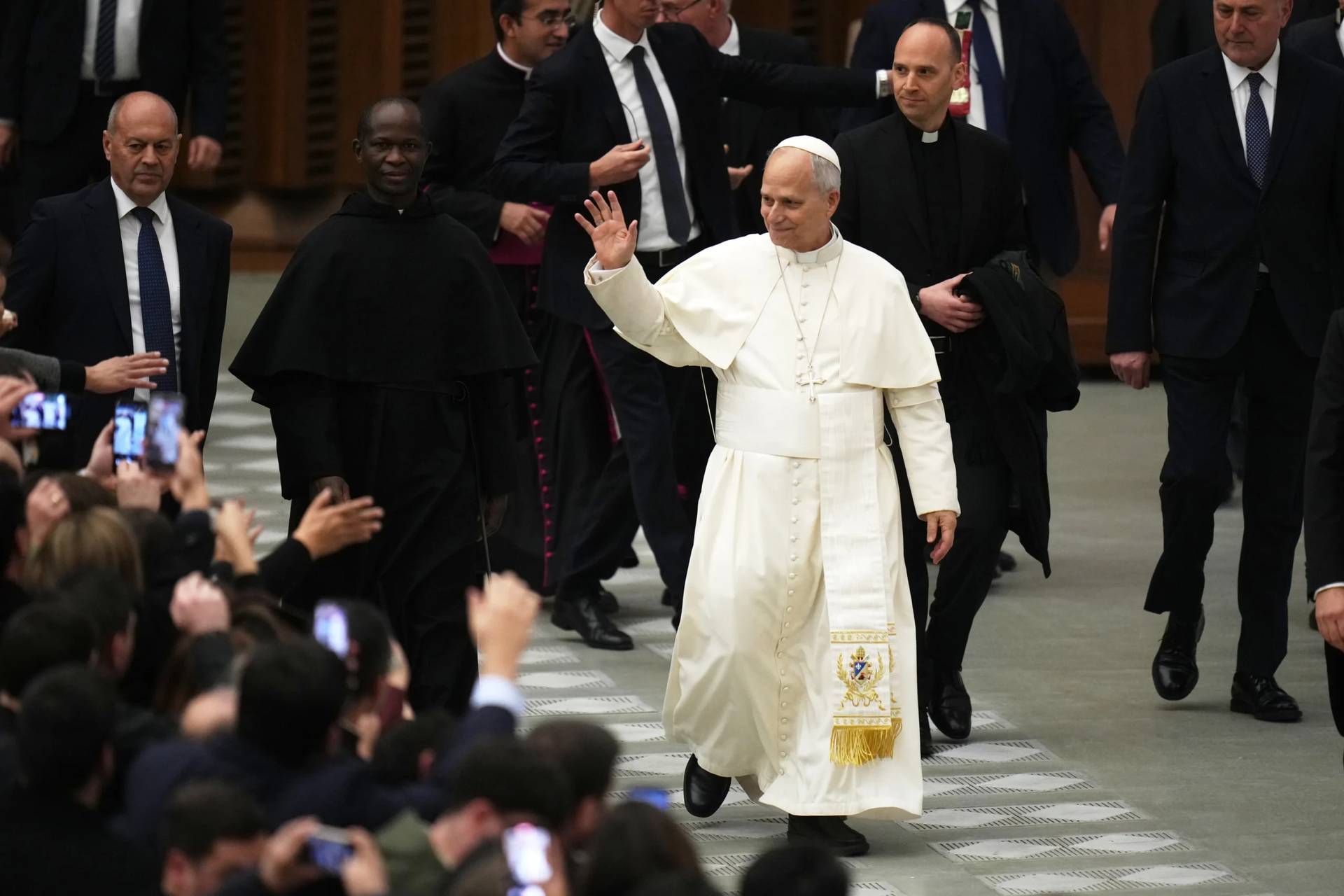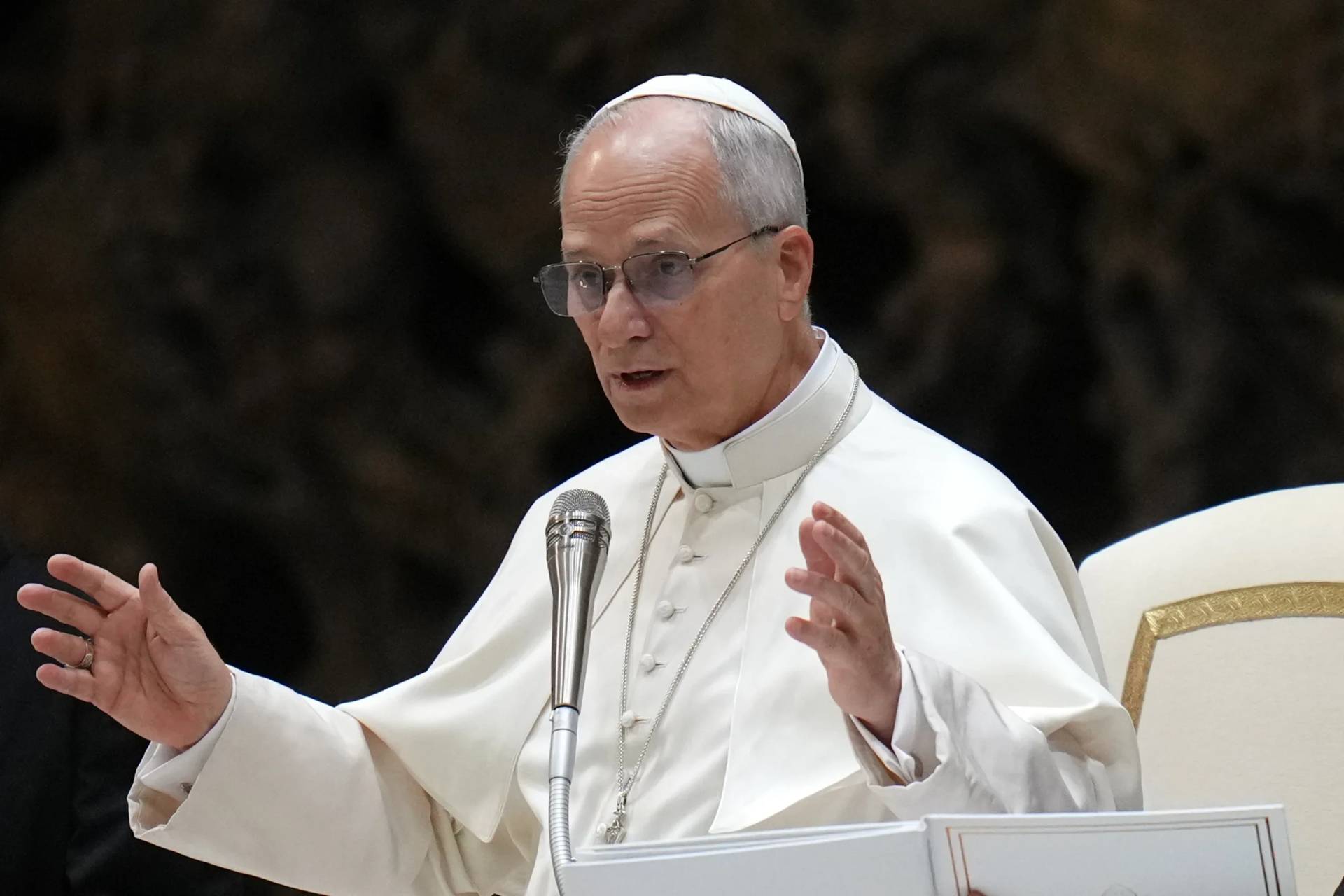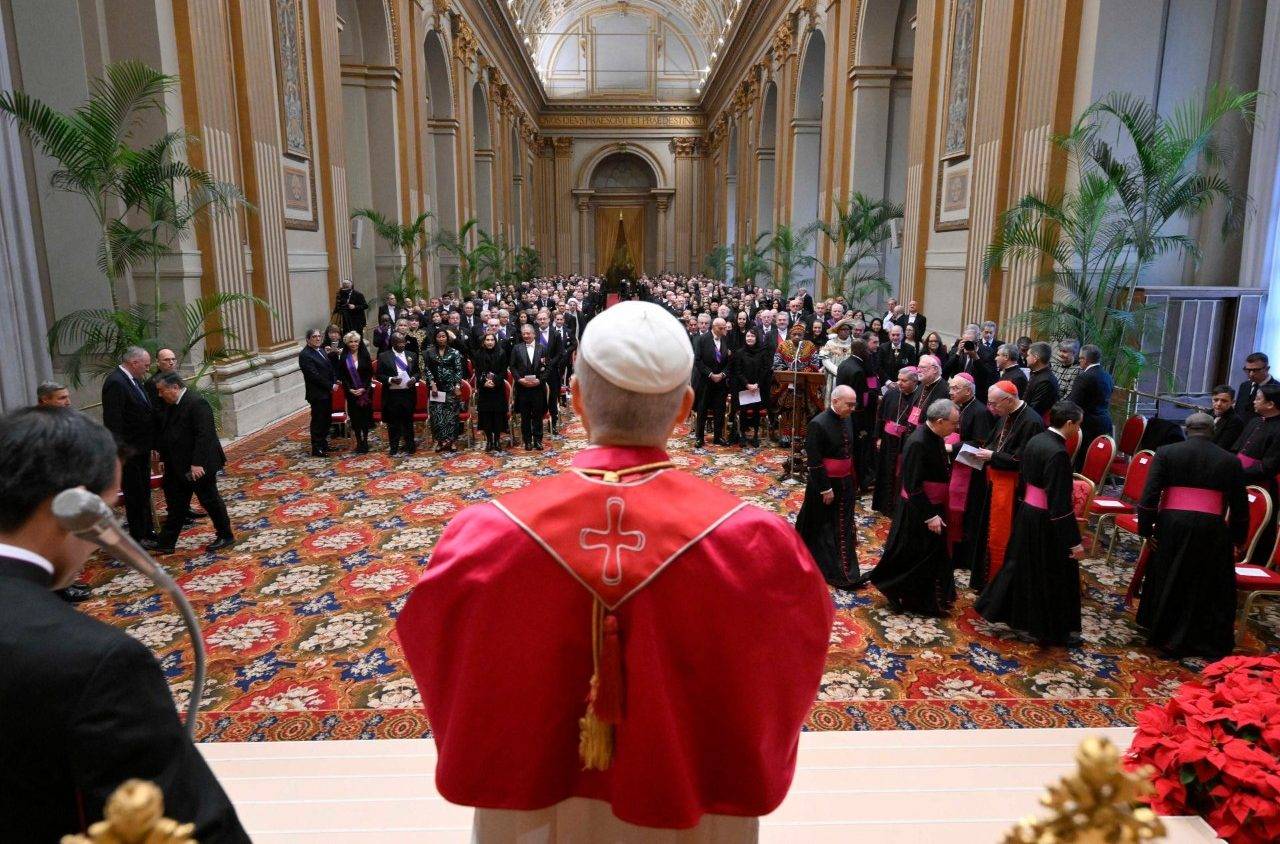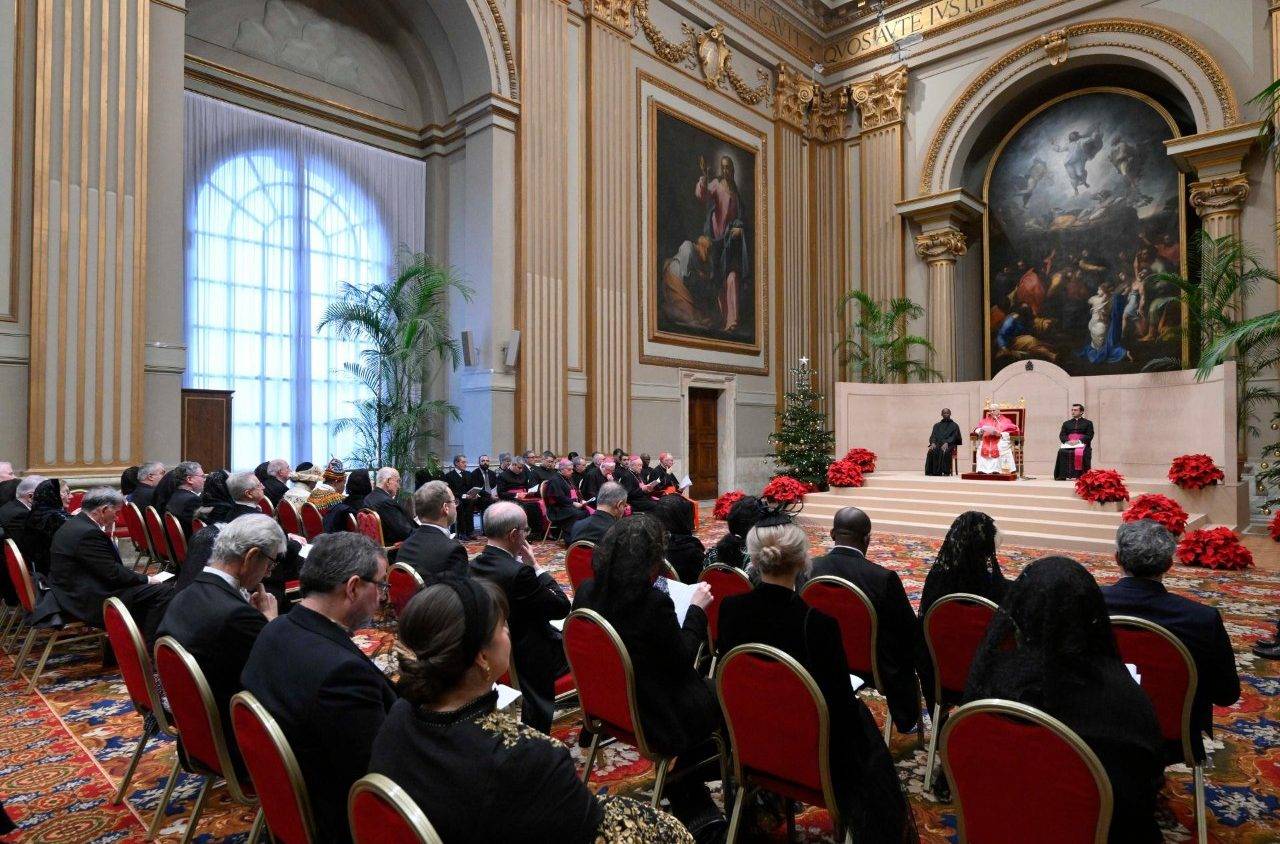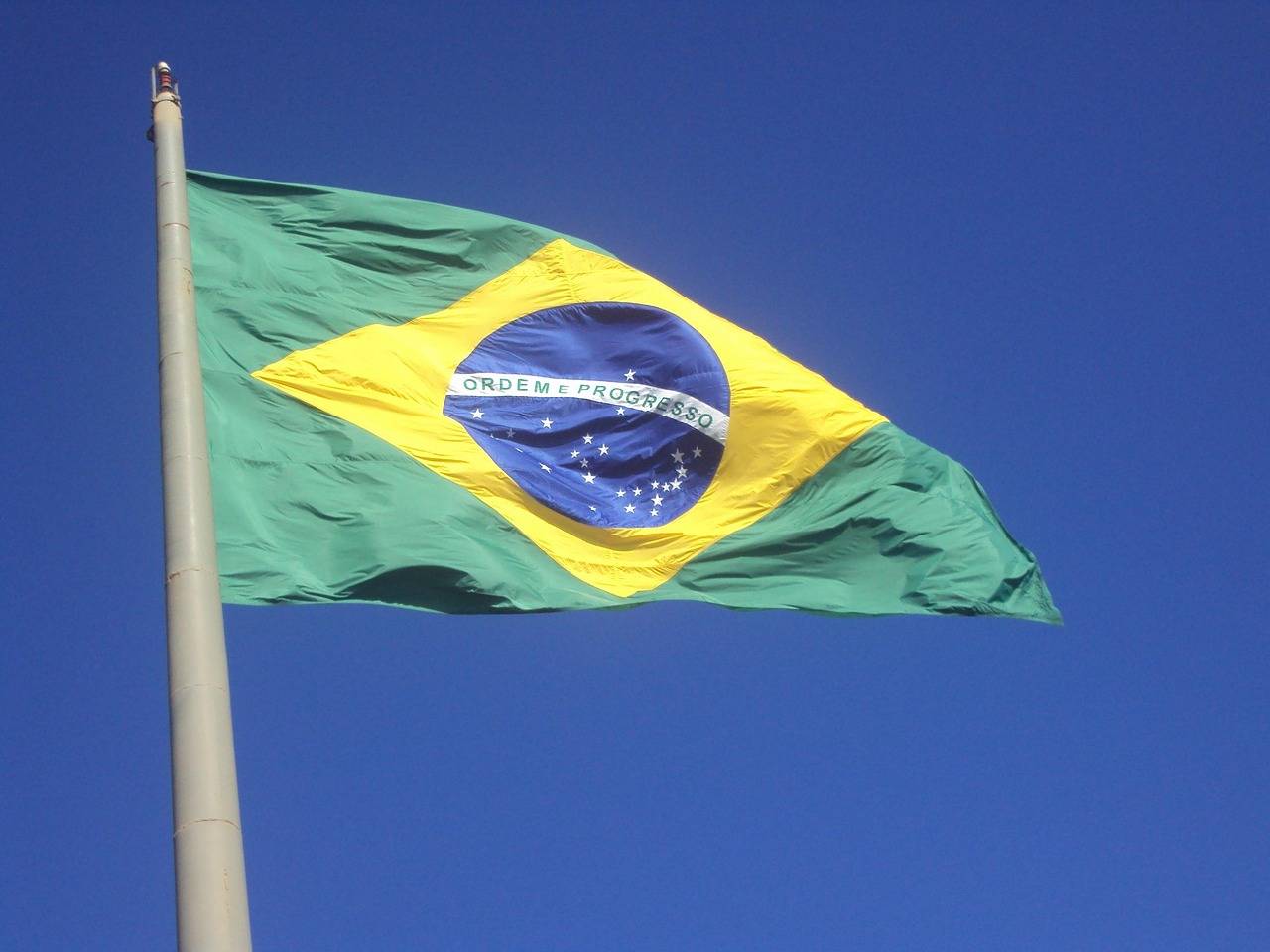BEIJING, China — China’s head of religious affairs said that Beijing is willing to have constructive dialogue with the Vatican, but stressed that Catholics should “hold up high the flag of patriotism” and adapt Catholicism to Chinese society.
Wang Zuo’an, the director of the State Administration for Religious Affairs, made the remarks on Tuesday at a meeting of China’s official Catholic Church, which includes bishops, priests and lay Catholics, state media reported.
Emeritus Pope Benedict XVI was presumably attempting to show the Chinese government his willingness to accept this idea in a 2007 letter to Chinese Catholics, writing that the Church had no desire to “change the structure or administration of the state.”
At that time Benedict also revoked former papal edicts barring Chinese faithful from any contact with the state-sponsored Catholic body.
Shortly after this action there seemed to be some kind of movement towards a thaw in relations when a bishop was jointly approved by the Vatican and the state-sponsored church.
However, by 2010 China ordained a bishop without papal approval, and the one step forward, two steps back relationship has continued. Yet, the Vatican is focused on the well-being of the nearly 13 million Catholics in China, and has been intent on a solid diplomatic relationship with Beijing.
Beijing insists that the party-controlled Chinese Catholic Patriotic Association has the authority to appoint Chinese bishops, a right that the Holy See says belongs to the pope alone. This dispute over bishop nominations is the most vexing stumbling block preventing the re-establishment of diplomatic relations.
China severed relations with the Holy See in 1951 after the Communists took over, and the officially atheistic government closed churches and imprisoned priests, some for decades. Worship is officially allowed only in state-authorized churches outside the pope’s authority, although many of China’s estimated 12 million Catholics are thought to attend underground churches.
Wang said the Chinese government hoped that the Vatican can adopt a flexible and pragmatic attitude, and take concrete actions to create favorable conditions for improving relations, according to the official Xinhua News Agency. No details were given of what actions Beijing expects.
The ruling Communist Party has long feared that opposition to its rule could be spread by religious and other civic groups outside its control. In May last year, President Xi Jinping called for religions to adapt to Chinese society, which he termed the “sinicization of religion.”
On Tuesday, Wang stressed the importance of patriotism within religion and “pushing ahead with the sinicization of Catholicism.”
Pope Francis said earlier this year that Beijing and the Vatican have resumed working groups on the naming of bishops issue and that he is “optimistic” for an agreement, but that it will take time.
Just last week, the Vatican said it was saddened that the ordination of two new Chinese bishops was marred by the presence of a bishop ordained without the pope’s consent.
It also said it was awaiting the outcome of this week’s meeting of the Chinese Catholic Church and hoped it would give Catholics in China confidence in the Vatican-China dialogue.
It remains clear, however, that Francis would like to travel to China. As a pope of firsts it would be an astonishing act of diplomacy, but it would also represent an opportunity to visit Catholics on the periphery of the universal Church itself.
Crux staff contributed to this report.










